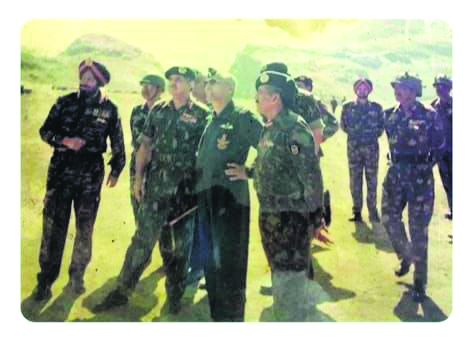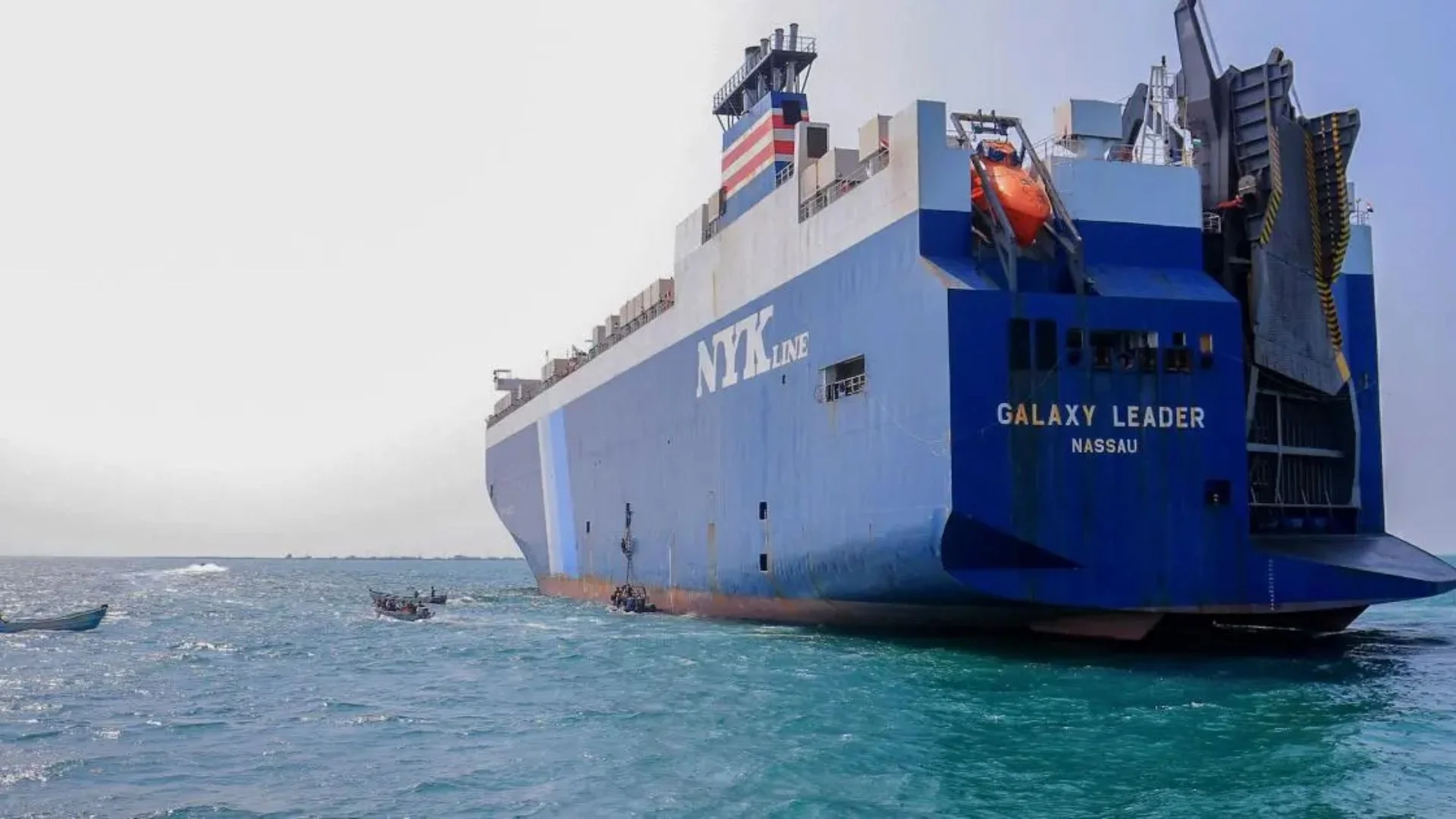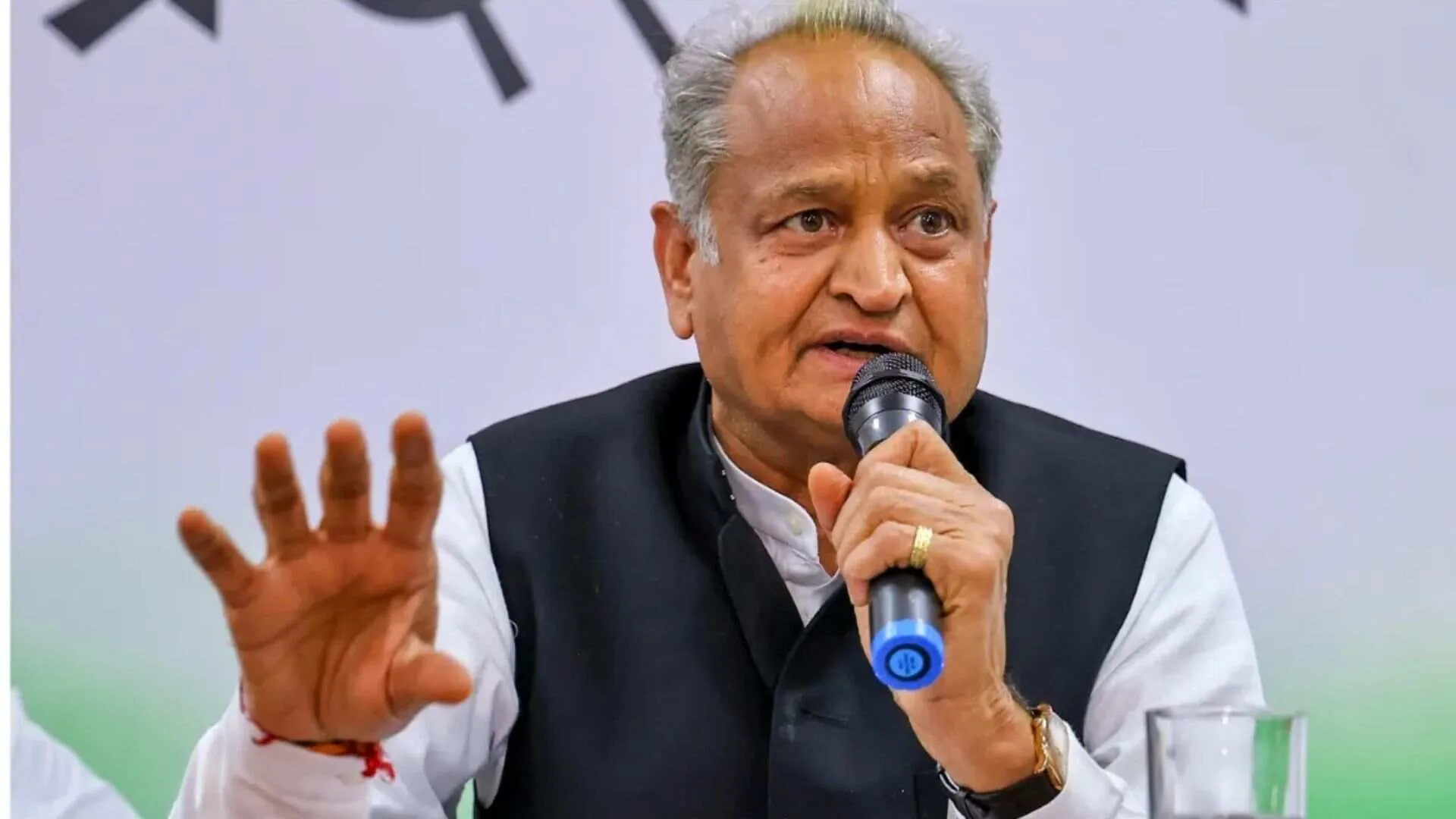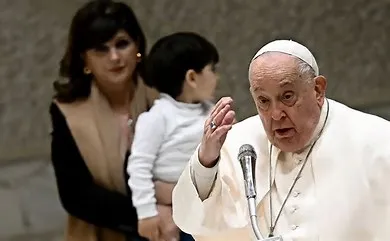It was December 1986. I had just earned my single star as a rookie Second Lieutenant bubbling with youthful vigour with stars in my eyes. I was appointed as ‘Alpha Company’ second-in-command and was directed to report to my company commander; Major MPS Bajwa nicknamed ‘Baaj’ in the entire Indian Army. It is not for nothing that he was affectionately called ‘Baaj’ by his seniors, colleagues and juniors. All readers are well aware that eagles are fearless, fly alone, tenacious, courageous, unmistakable and above all they love the storm. What is generally not known is that eagles nurture their young very well. I dare say that I had the unique privilege of being nurtured by none other than my Company Commander, Maj MPS Bajwa, and the ‘Baaj’. As I got ushered into his office by the senior JCO, I clicked my heels and gave him my smartest salute ever. I never knew that I was saluting Major who would be a National Hero, 13 yearshence. During my first meeting with him, he parted with two simple yet priceless professional tips. He said, ‘Anything which is not checked is not done’ and, two, ‘Never do or say anything just to please your seniors; instead door speak up what is best for your command or the troops under your command’. I followed his sage-like counsel to the hilt throughout my 35 years of service. Brig Bajwa was always cool as a cucumber, especially in a crisis. I never saw him flinch. He often quipped, ‘Be a duck. Paddle hard below the surface but always keep your calm. He always led from the front be it a mundane physical training period ora route march. He was always there ahead of the pack. I recount when I helped the battalion’s advance party to Arunachal. We were tasked to strengthen the defences in a high-altitude area in a place known as Lungrola. This was our response to the famous Sumdo Rong Chu incident where the Chinese had constructed ahelipad. There being no motorable road, Major Bajwa led the unit from the front marching throughout the night in a thickly snow-bound area without a single break. Destiny chose him to face much tougher challenges later.
During the command of the 192 Brigade in the valley, being a proactive commander, he was targeted by the militants with a very powerful remote-controlled improvised explosive device. He was severely wounded and got 48 stitches on his body but bounced back as he earnestly desired to see action during the Kargil war. While commanding the Jalandhar NCC Group, I decided to invite him as the Chief Guest as there could not have been a better personality to motivate young cadets with impressionable minds. He narrated an incident which mirrors the principles and professionalism of our army. During Kargil, he was tasked to capture Tiger Hill. He had devised a meticulous and flawless plan with his own two battalions, 13JAKRIF and 2 NAGA whereas 18 GRENADIERS and 8 SIKH were placed under his command only. The attack plan was about to be executed on the night of 03 July1999 when suddenly Brig Bajwa received orders to convert his attack on Tiger Hillinto a ‘Diversionary Attack or so-called Feint ’ during the main attack against Point 4875 by 79 Mountain Brigade. Diversionary Attack aims to force the enemy to react by shifting its resources thereby weakening the actual position under attack. It was a bolt from the blue for ‘Baaj’. But, as the eagles are; Brig Bajwa remained unruffled and maintained his equanimity under this highly stressful situation. He was determined to capture Tiger Hill even by making his diversionary attack succeed, an out-of-the-box thinking indeed. Very few know that it was the diversionary attack planned on Tiger Hill by Brig Bajwa that ultimately succeeded despite his own two battalions, (2 NAGA and 13 JAKRIF) having been taken away for another task at the very last juncture. As was his won’t, he never remained safely ensconced in his bunker but moved around fearlessly to always get a better observation of the enemy’s defences which helped him in making a viable attack plan. He was always in the habit of closely monitoring all the battles being fought by his battalions.
During one of the ongoing battles, he noticed that one Pakistani dressed in a tracksuit was motivating his Pakistani troops to press on with fierce counter-attacks repeatedly. After Tiger Hill had been captured, Brig Bajwa ordered his commanding officer to bring down the dead body of this particular Pakistani soldier who was dressed in a tracksuit and was continuously motivating his men to counter-attack. When his body was brought down, he turned out to be a Pakistani officer, Captain Karnal Sher Khan. Brig Bajwa also found a letter written by his wife in Urdu in his pocket. Brig Bajwa immediately wrote a letter of appreciation stating that ‘Captain Khan had fought very bravely and must be given due recognition and tucked it in his pocket. The letter eventually made its way to Pakistan, and Capt Khan was awarded the highest gallantry award of Pakistan, ‘Nishan-e-Haider’. Subsequently, Brig Bajwa also received a letter from his father to thank him for his gracious gesture. Brig Bajwa was the only Commander in the Kargil war whose citations got the two highest gallantry awards in India as well as Pak; PVC to Capt Vikram Batra and‘Nishan-e-Haider’ to Captain Karnal Sher Khan. ‘Baaj’ will always be known for his bold tactical maneuver and his humanistic approach even while dealing with the ferocious enemy. In the war fought earlier, even the Pakistan army had appreciated the bravery of our officer, Squadron Leader AB Devayya who was awarded the Maha Vir Chakra, 23 years after his death. Also, there has been a very famous instance of praise for the Sikhs of 15 Punjab by a Pakistani General. Pakistani Major General Fazal Muqeem Khan in his book, Pakistan’s Crisis of Leadership’writes, ‘The major reason for our defeat at Hussainiwala in 1971 was the Sikhs of 15 Punjab’. He writes, ‘These soldiers of 15 Punjab at Hussainiwala attacked us like bloodthirsty hungry lions and hawks. We had a dreadful hand-to-hand combat with them. The sky was filled with roars of ‘Yaa Ali’ and‘Sat Sri Akal’.
Even in this hand-to-hand combat Sikh soldiers of 15 Punjab fought so fiercely and bravely that all our desires, aspirations and dreams of capturing Hussainiwala’s headwork were shattered. It goes to prove that gallantry transcends all boundaries. Never forget that admiration by the opponent remains the best compliment ever.
He commanded 15 Punjab in Lebanon under the UN flag in 2006 and was picked up to command the Assam Rifles Sector as DIG in the most sensitive sector of Churachandpur in Manipur. For his outstanding command in Manipur, he was selected as ‘Brigadier Operational Logistics’ for the entire Western Command in 2015.
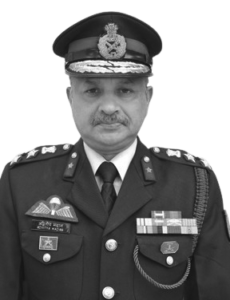
Brig Advitya Madan

Brig. MPS Bajwa, popularly known s ‘Baaj’ in the entire Indian military

